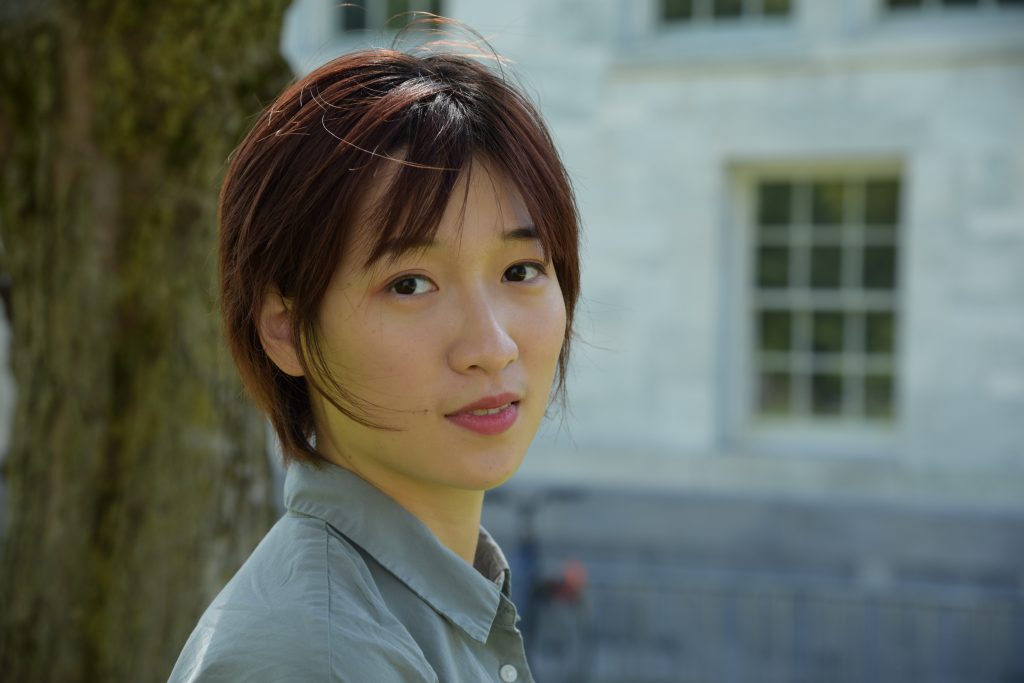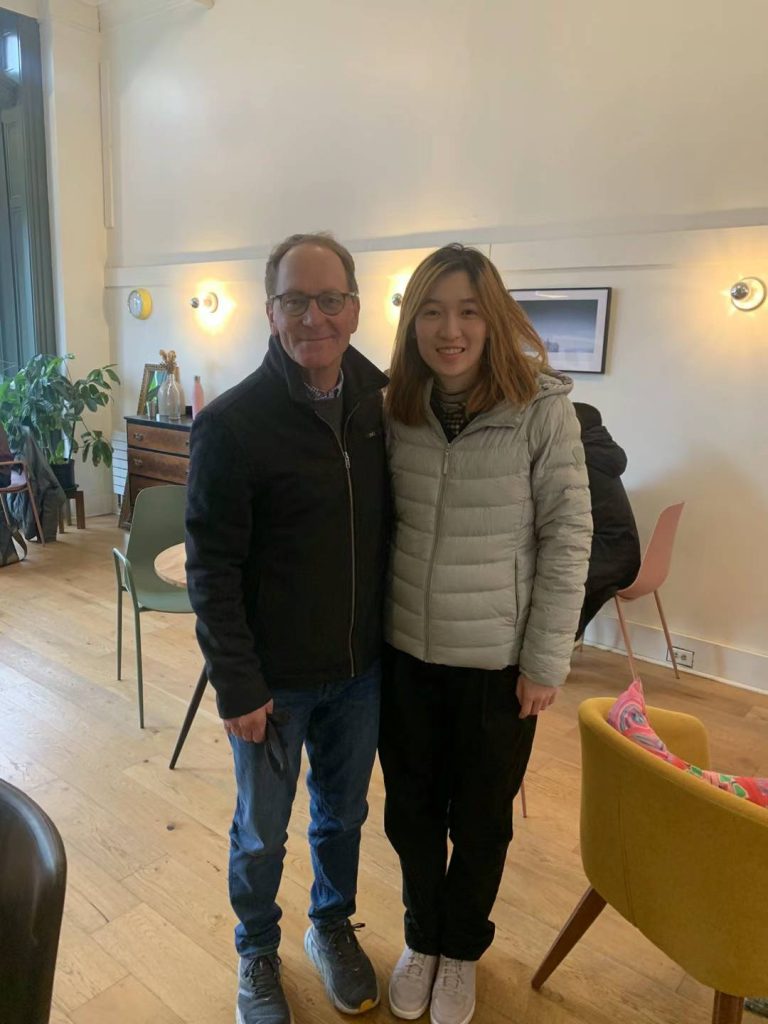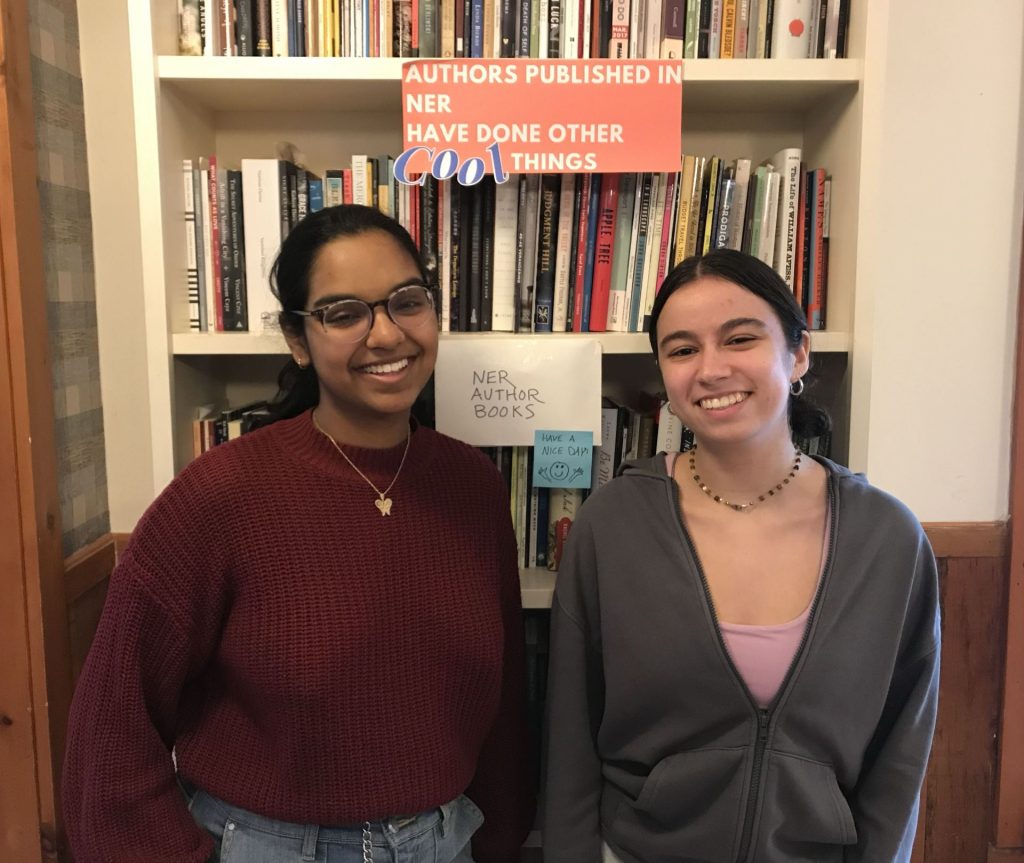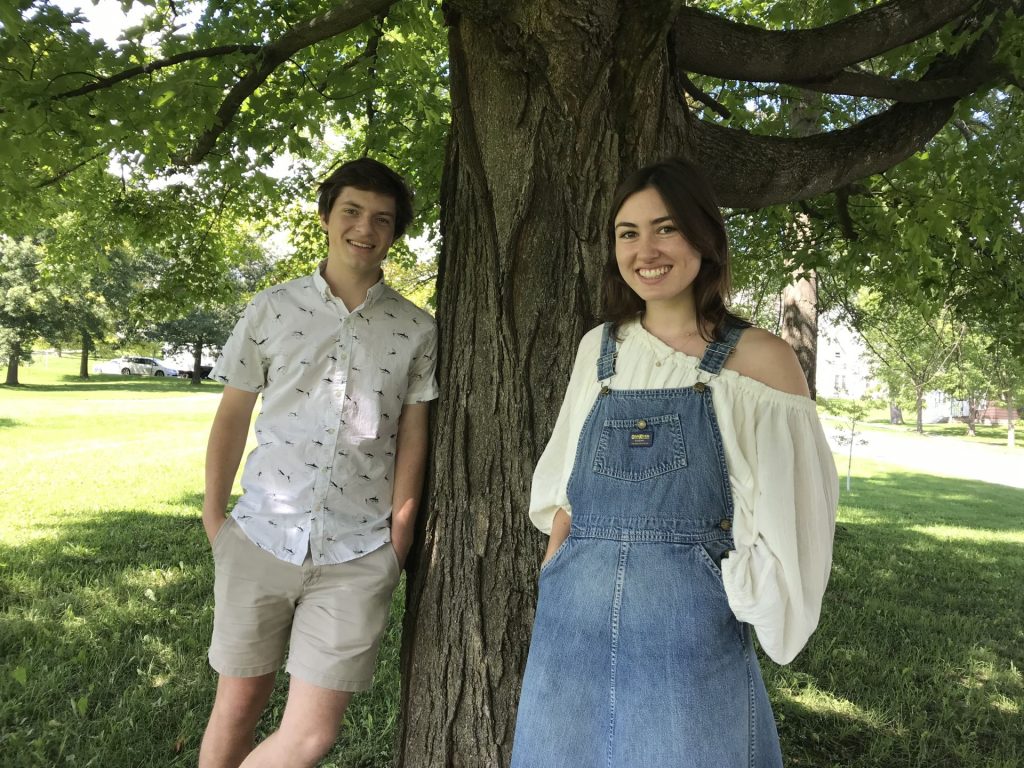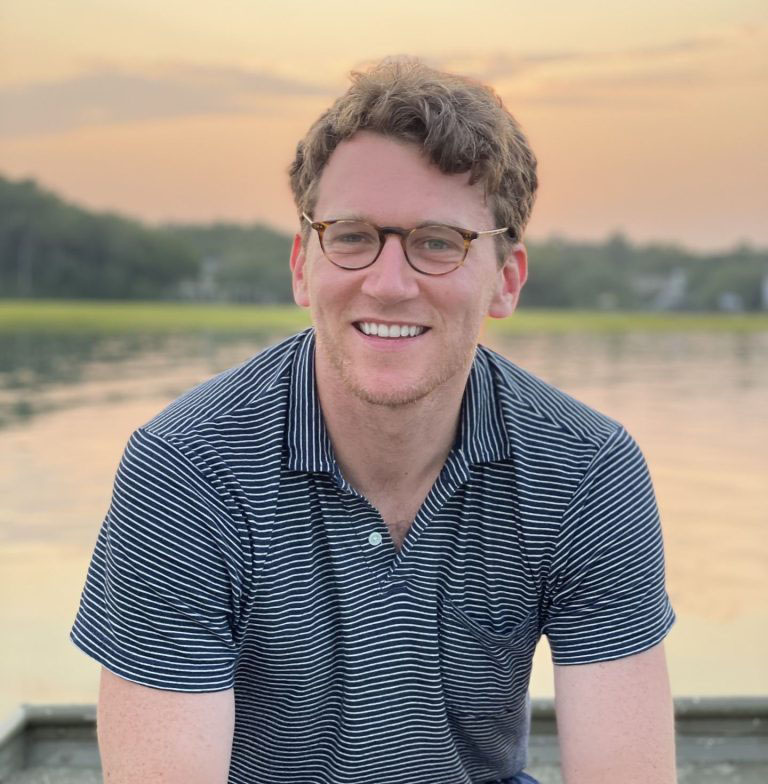
Photo courtesy of Patrick D’Arcy
Editorial intern Hannah Dorosin ’24 talks with former NER intern Patrick D’Arcy ’12 about working at social impact organizations, leading fellowship programs, and studying at Oxford University.
Hannah Dorosin: Where are you now, geographically and professionally?
Patrick D’Arcy: Geographically, I live in the southern part of San Francisco, in a neighborhood called Bernal Heights. I’m on a hill that’s brown for most of the year, but recently turned very green because of all the rain we’ve gotten. Professionally, for the last decade (I guess I am now old enough to throw the word “decade” around like that!) I have been helping to build and lead fellowship programs that provide funding and support to writers, entrepreneurs, artists, scientists, academics, and other remarkable people working on new projects.
HD: What were some of the steps you took after Middlebury to get there?
PD: The few months after graduating college are strange, because there are, in theory, so many options for you, but also no obvious immediate next steps. Or at least that’s how I felt. But I went back to Middlebury for Homecoming the fall after I graduated and met someone who worked at TED (like TED talks) who connected me to the TED Fellows program, because they were looking for an intern. I learned about this ecosystem of fellowships supporting individuals who are building organizations, writing books, making art, or working on other challenging things. (Fellowships help sustain so many writers especially, which is of course relevant to the work of NER.) I was at TED for many years before joining Emerson Collective to build out fellowship programs here.
HD: When did you intern at NER, and what were some memorable aspects of your time there?
PD: I remember the office, which smelled like paper, and how nice and smart Carolyn was. I remember reading a lot of submissions, and liking some of them and disliking others, and beginning to understand that what is considered good or bad is not entirely objective, but also a matter of taste.
HD: You studied English and American Literature and Creative Writing at Middlebury. How did that inspire you or give you the skills necessary for your current career?
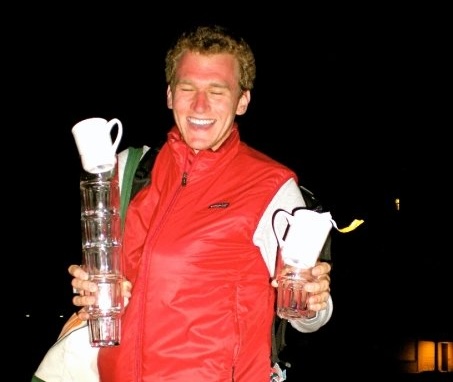
PD: Middlebury is a place that lets young people take their writing very seriously, supported by great teachers and other student writers, and by great literary institutions like NER and the Bread Loaf Writers’ Conference. I was a little overwhelmed by that opportunity, but also inspired by it. And the core of what I do today is editorial and curatorial in nature and builds on what I learned at Middlebury—helping people write TED-style public talks, or researching and selecting new cohorts of Fellows to support, or producing stories about their work, or writing reports on our programs. I will admit I also miss writing for myself, which I am trying to make more time to do this year.
HD: You were also a student at Oxford University. (So was I!) Did your experience there have an impact on how you approach your work now?
PD: Oxford is amazing, right? I remember getting my first cappuccino at the Missing Bean, which was across from Lincoln College, and eating a lot of Ben’s Cookies from the Covered Market. Let’s franchise Ben’s Cookies and bring it to America!
I read and learned so much, and still have all of my books from that year, which I treasure. At Oxford, they basically just give the English students a really long list of books and say, “Go read these and write an essay every few weeks on one of them.” I remember how much Shakespeare we had to read . . . I think, like, all of it? And I remember how nice it was to be that independent and have the time to follow an idea or question down a really long path. And the way the reading list is built, starting with Old English, helps you understand the ways English has evolved as a language over time, which helped me read in a completely new and exciting way. There is so much value in reading in huge quantities and reading deeply and quickly, and that experience really shaped me as a person.
HD: What’s the most rewarding thing about working at the Emerson Collective?
PD: Emerson Collective invests in entrepreneurs, academics, artists, community leaders, and others to build solutions in immigration policy, education, environmental justice, democracy, and journalism. This means I get to meet and work with experts in all of those areas and learn a little bit about an interesting new topic each day. In some ways, it feels like an extension of the liberal arts experience. I also love playing a supporting role to brilliant people working to make our country more equal and just, connecting them to resources, and trainings, and coaching, and community.
HD: What advice do you have for students who want to follow a similar path as yours?
PD: I don’t love giving advice because I feel things are so different for everyone. But I think for me it was useful to be open to my professional life taking a shape I hadn’t imagined or expected, and remaining open to new opportunities along the way. I didn’t even know what a “fellowship” was when I graduated, and I’ve discovered that it’s this big world full of amazing people and programs. Also, go to Homecoming after you graduate; maybe you’ll meet someone who can get you an internship!
HD: What are you reading for pleasure these days?
PD: I have been reading a lot of poetry lately, which I never formally studied at Middlebury, though I wish I had. Poets like Richie Hofmann and Henri Cole and Maggie Millner and Brontez Purnell and Thom Gunn and Frank Bidart. All extremely gay!
